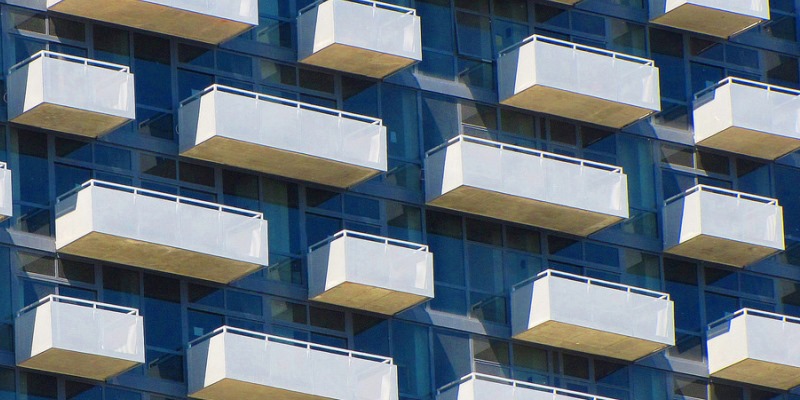Osaka, Japan is 5.7 times more dense than Calgary.
calgary
San Francisco has a comparable land area to Vancouver but accommodates roughly 30 per cent more residents.
Once its net debt reaches $48 billion in 2020/21, Alberta will have burned through $83 billion in net assets in 13 years.
City hall should shorten approval timelines for building permits.
According to new census data, population growth in Calgary has lagged behind the regional average.
Once again, Calgary city council has raised property taxes beyond the rate of inflation. No surprise. Over the past seven years, only once, in 2007, has council approved a tax increase below Calgary’s inflation rate.
It's not your imagination. Your property taxes really are shooting higher.
For those who haven't paid attention to their property tax bill until recently, let me offer some calculations: Had the city and province stuck to inflation-only increases starting in 2007, a homeowner with a $2,500 property tax bill in 2006 would see a $2,858 bill this year. Instead, the charge will be $3,430, or an extra $572. The cumulative effect over seven years is an extra $1,538.
If you live in Calgary and you check your property tax bill this month, rest assured you are not imagining things: property taxes really are on the rise and way above inflation.
Some background: Calgary's property tax bill has two components, with the city's share at 56 per cent and the province's at 44 per cent.
Since 2007, the earliest year for which I have statistics, the province has hiked its rate beyond inflation in five of seven years. But the provincial government also dropped its taxes twice, in 2011 and this year.


